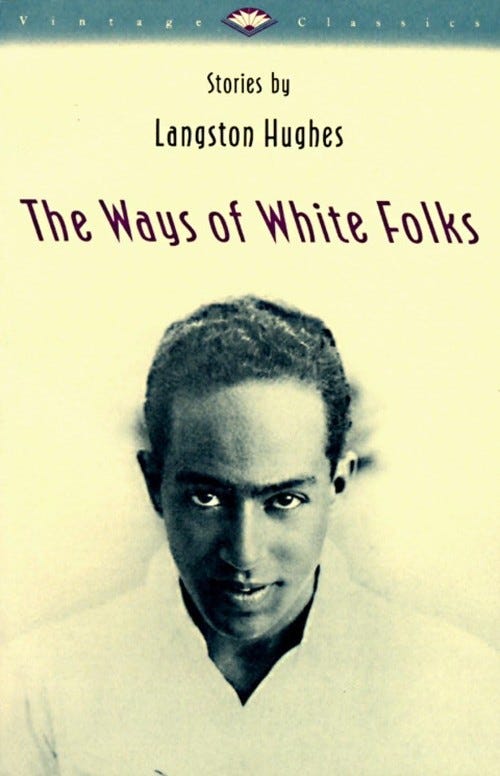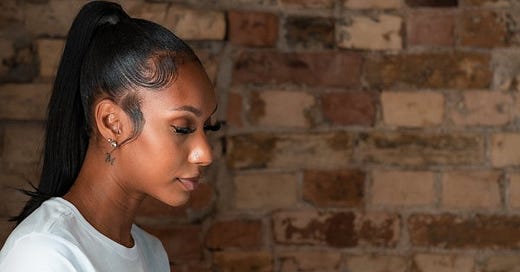Racism can increase stroke risks and high blood pressure in educated black women
Black women with higher education more likely to identify racism in employment, housing, health care, education and with police

I sat in my doctor’s office and asked a simple question, “Why now? What’s so different?”
She shrugged and reminded me of genetics. She discussed scientific studies and beating the odds. She gave me a few tips on nutrition. She even asked about my favorite foods and sent me a message a week later, educating me on how much sodium is in prepared vegetarian food versus shopping from the produce aisle.
But I couldn’t wrap my mind around how I went four decades without high blood pressure and suddenly was diagnosed with it last summer. My vegetarian diet hadn’t changed much over the past 18 years, but my weight had. Still, I had been this weight before. I’ve yo-yoed from a size 6 to a size 12 since high school.
I’ve always been active, whether it was in somebody’s hip-hop dance class or weight training class. I eat daily Vitamin D gummies and (now) prepare mushroom-filled recipes, which fixed my jarringly low score from not consuming dairy milk and dairy cheese. And earning 10,000 daily steps is normal for me, especially while walking up to four dogs a week if not per day — even after my car of 15 years died and I sold it for parts. So what was the big deal now?
ADVERTISEMENT ~ Amazon
As an Amazon affiliate, I earn a percentage from purchases with my referral links. I know some consumers are choosing to boycott Amazon for its DEI removal. However, after thinking about this thoroughly, I choose to continue promoting intriguing products from small businesses, women-owned businesses and (specifically) Black-owned businesses who still feature their items on Amazon. All five of my Substack publications now include a MINIMUM of one product sold by a Black-owned business. (I have visited the seller’s official site, not just the Amazon Black-owned logo, to verify this.) If you still choose to boycott, I 100% respect that decision.
My doctor said it could be a number of things, but she wasn’t budging on prescribing high blood pressure medication for me. She got tired of me hemming and hawing about not taking medication, especially when I admitted that one of my arms was starting to tingle some days. She bluntly told me I was at risk of a stroke if I didn’t get this under control. I already knew what stroke life was like, for both a family member and a friend. I gave in. My mother bought me a blood pressure monitor, and I started using it immediately instead of trekking back and forth to CVS Pharmacy to use their free one on occasion.
ADVERTISEMENT ~ Amazon
As an Amazon Affiliate, I earn a percentage for each purchase with my referral links

I’d wake up some days, and my blood pressure (BP) would be totally normal. And then there were other days when I was examining court videos; filing court paperwork; writing letters and reviews; and submitting complaints to the U.S. Department of Housing and Urban Development (HUD) and Illinois Department of Financial and Professional Regulation (IDFPR). Within a matter of minutes, a blood pressure of 130 (not great) would shoot up to scores as high as 170 (yikes!).
What was learned from the Black Women’s Health Study
The Boston University’s Black Women’s Health Study (BWHS) is onto something. Black women are already more likely to have a stroke than white women. We also are more likely to have high blood pressure than white women (58% versus 41%). That wasn’t breaking news for me. However, it was the part about the vulnerability of black women with a higher education who fought against racism that raised an eyebrow.
Recommended Read: “Know what FAST means, not just one sign of a stroke ~ Strokes are two times higher for black people”
If I wasn’t using every single iota of knowledge I had while working for and with attorneys, every piece of info I got in a criminal justice class and reading every NOLO book I could get my hands on in a library over the past year, I may have been able to chill out — and lower my BP. But letting two people get a free pass on unapologetic and vindictive discrimination? Fuggit. We all have to die some day anyway. I wasn’t going out without a fight.




